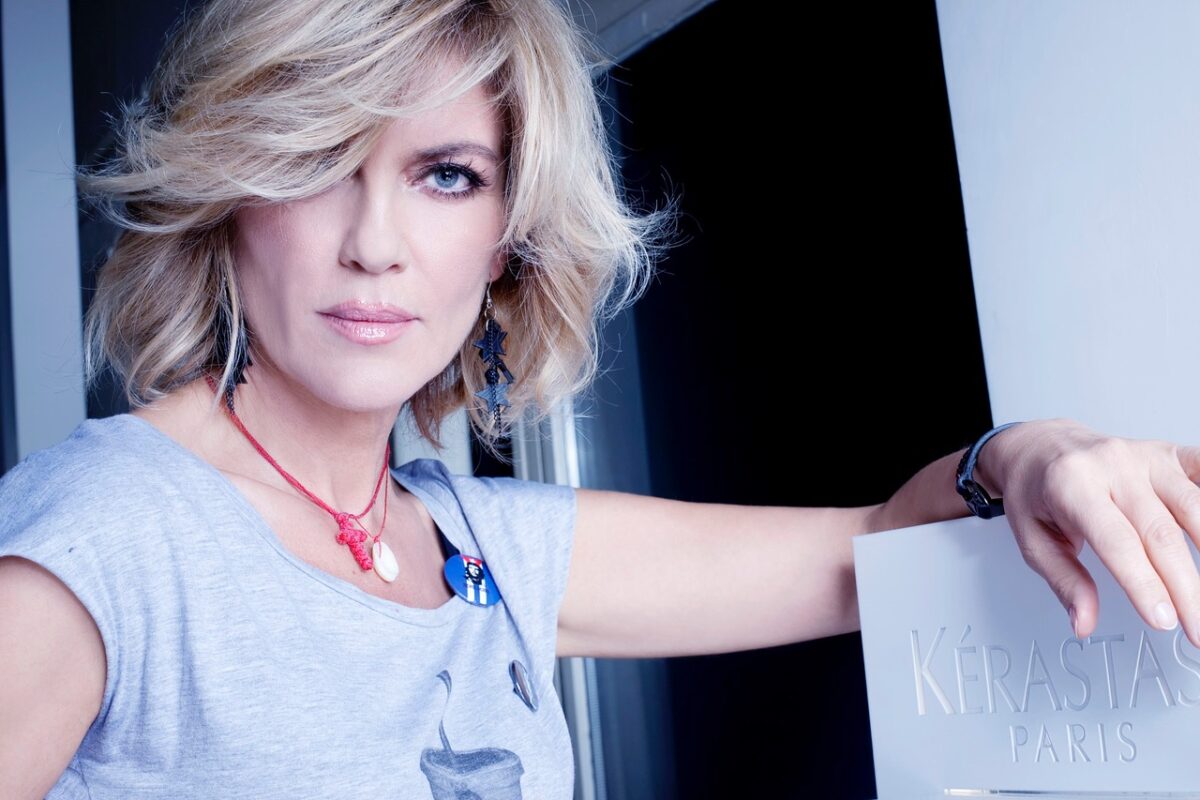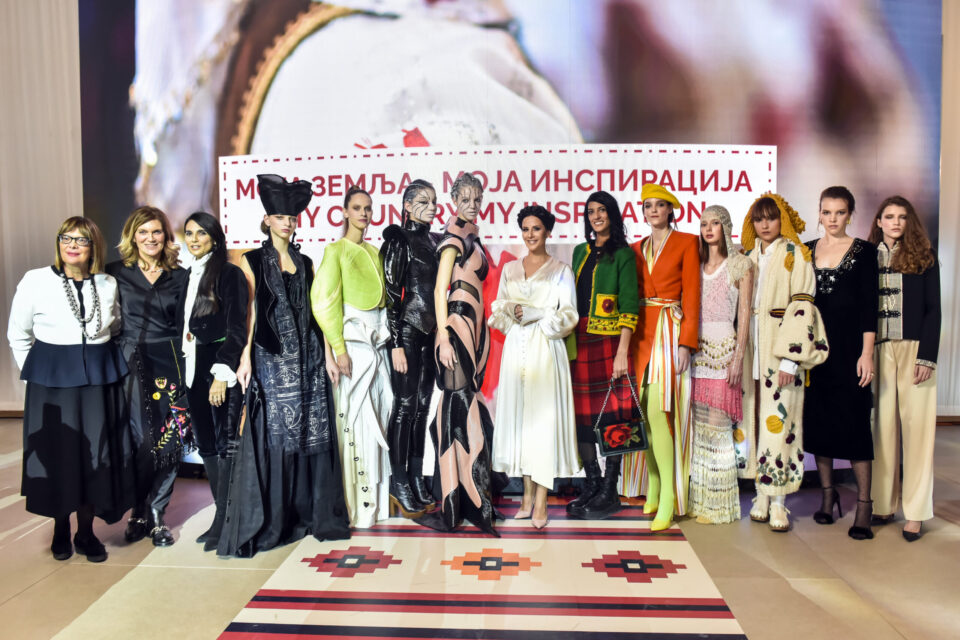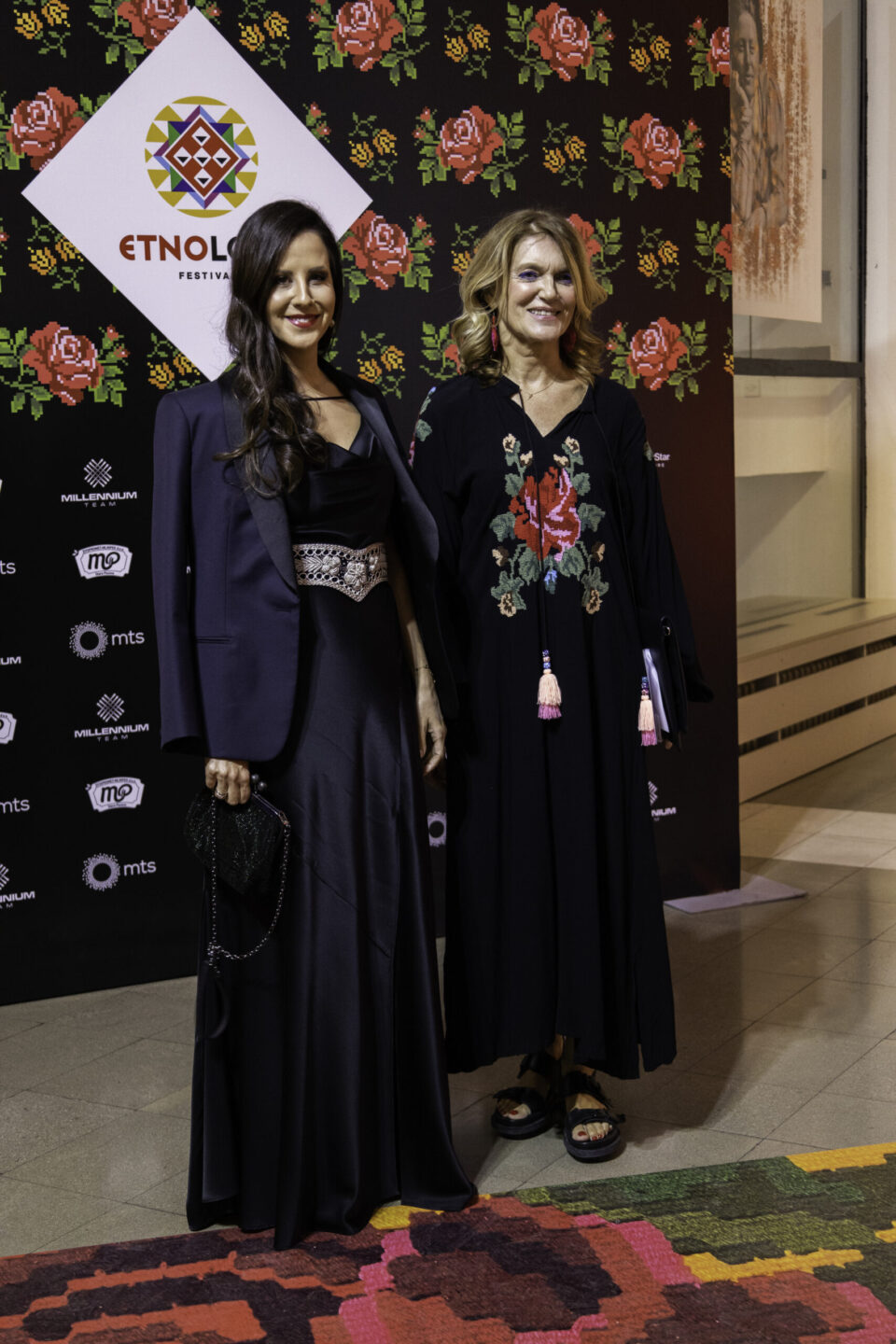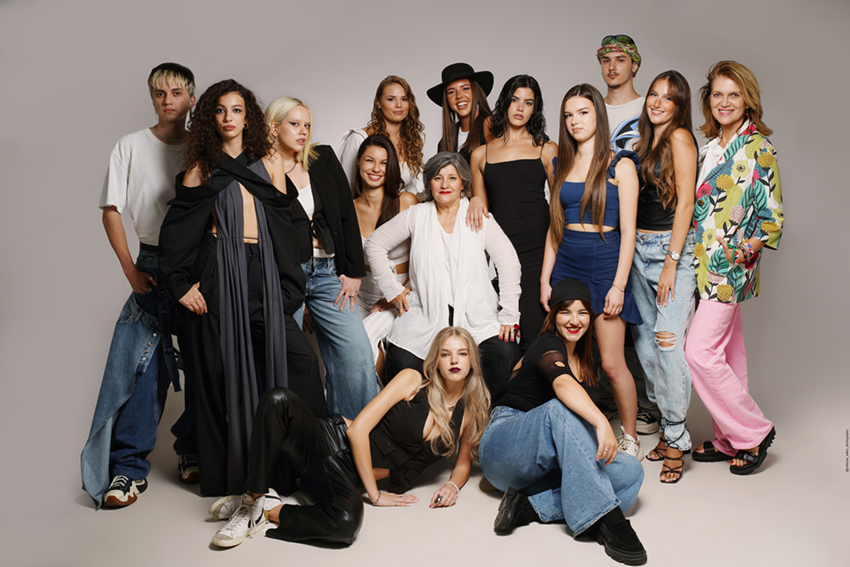The cultural heritage of every country is the foundation of its identity, the basis for the development of contemporary culture

We spoke with Goga Grubješić, the author of a unique festival in our country, about how important it is in modern times to respect and nurture tradition, but also how to make it attractive for the international scene and even more so for young people.
You are the author and founder of Etnology Fest, which has been attracting more and more attention from the domestic and foreign public year after year. How would you describe the success of this festival and what is it that appeals to the audience?
I am glad that such a beautiful and noble idea matured in me and that, together with a large number of collaborators, year after year, I turned it into a unique festival, which has become a true example of cultural diplomacy and the promotion of cultural identities. Its success lies in its original concept: it lasts 3 days, has an international character and aims to present intangible cultural heritage through the form of fashion shows – traditional, folk costumes, as well as contemporary artists who are inspired by cultural heritage and tradition. The idea is to show the audience the connection between traditional art and cultural heritage and the natural need for their continued presence in modern society.
The success of the festival every year is its well-conceived programme and exceptional guests. The first day always belongs to Serbia, the second day is for the country that’s the focus of the festival, and the third day is a panel on one of the important topics that the festival deals with. When talking about its success, there is also the huge contribution of the spouse of the President of the Republic of Serbia, Tamara Vučić, who is the honorary patron of the festival. There is also the Ministry of Culture of the Republic of Serbia, the Ethnographic Museum, the patrons, the audience that shares this passion with us, the organisers, year after year.
How appealing are ethnology and tradition today and do young people have a feel for them? Do they respect them?
Yes. Ethnology and tradition still have appeal, but the level of interest and respect varies among young people. Some young people show deep respect for their cultural heritage and tradition, exploring and nurturing it through various activities. Others, however, are not so connected to their cultural heritage and traditions. Modern societies and the digital age impose other influences, so tradition seems less relevant. However, the cultural heritage of each country is the foundation of its identity, the basis for the development of contemporary culture.
It is events like this, such as Ethnology Fest, that offer a new showcase of national creativity and heritage and can thus be of interest to younger generations, bringing their own identity closer to them. To know one’s history, one’s cultural heritage means to recognise the importance of preserving and protecting one’s tradition, of respecting the traditions of others and of understanding that the wealth of the world lies in diversity.
Ethnology and tradition still have appeal, but the level of interest and respect varies among young people
The way you combined the traditional with the modern at the festival has proved to be a very successful recipe for success. What’s the secret? Does Serbian tradition have the potential to be more widely accepted and understood in the modern world?
It is interesting that I first saw the traditional as modern. It happened, way back in 2008, when I was captivated by the beauty of the costumes of our national ensemble of songs and dances, KOLO, and organised the first fashion show in SKC called ETHNO COUTURE SERBIA. In a contemporary production, professional models presented various folk costumes, created as a product of the inexhaustible imagination of anonymous folk designers, to the delight of the visitors. It was a fashion show of timeless trends.
Serbian tradition and our intangible cultural heritage are visually and aesthetically very rich. The entire Balkans is fascinating. That is why today we often see that major fashion houses or renowned designers find inspiration for their contemporary collections precisely in countries distinguished by costumes with original motifs and forms. We have a great opportunity, with just a little more promotion of this segment, to reach great designers, or conversely, that one of our designers skillfully presents some of the wealth that belongs to our part of the world through fashion.

Something beautiful like that actually happened at this year’s London Fashion Week, when Serbian designer Roksanda Ilinčić presented the spring/summer 24 fashion collection inspired by the monasteries of Studenica, Žiča and Gračanica. The PR we received after the show is immeasurable.
Speaking of inspiration, I would like to use this opportunity to praise the 12 students of costume design from the Faculty of Contemporary Art who, together with their professor and mentor Sonja Krstić, presented the phenomenal collection “Threads of Tradition” at this year’s Ethnology Fest and showed that their interpretation of tradition can go on the world stage.

How important is the international cooperation fostered by the festival? What can we learn from others?
International cooperation is key to the success of a festival like this, which promotes cultural identities through intangible cultural heritage. Through such cooperation, we can learn a lot about different cultures, practices and ways of preserving intangible heritage. This cooperation enriches our mutual relations and contributes to the exchange of experiences in order to learn how others promote and preserve their intangible cultural heritage. Also, cooperation with international partners can help us to give the festival greater international visibility, which contributes to the growth of the festival and its reputation.
Which countries that participated in the festival this year and in previous years have left the most lasting impression on you?
Protection and promotion of cultural identities is one of the main goals of the festival. It is wonderful that there are so many different nations and impressive cultures in the world that Ethnology Fest can for sure have an outstanding programme and enchanting guests for a long time.
My first guests in 2017 were truly exotic. They came from faraway Yakutia, a land in the north of Russia, where winters are very cold, even down to -50 degrees. Because of the long winters, they wear rich furs and are very skilled at making jewellery and decorations. They left unforgettable impressions. But no less spectacular were the guests from Romania, Georgia, Morocco and Egypt, who showed us part of their extremely rich tradition and skillful contemporary intertwinings. Our national minorities, especially the Slovaks brought to us by Mr. Pavel Surovi from KC “Kisač”, also left an unforgettable impression on me.
Serbian tradition and our intangible cultural heritage are visually and aesthetically very rich
Culture is often marginalised for the sake of entertainment. As someone who has many years of experience working in domestic show business, how do you see that division – is there culture in show business or show business in culture today?
There is everything, both culture in show business and show business in culture. The freedom is greater than ever, but so are the choices. Each of us is a medium. I am not worried. The good things unfailingly find their way to everyone’s heart.
As a stylist and aesthete, how do you see the present time and your contemporaries? What style is dominant today and what does it tell us about social values?
As a stylist, I see that under the influence of globalisation, digitalisation, social changes and social networks, we follow the most diverse fashion trends. There is no longer one dominant style. I feel that, as never before, freedom in the interpretation of trends is tolerated, but it also encourages creativity and individuality. For example, the minimalism that emphasises simplicity is often seen in combination with some expressive style. Then the so-called streetwear, which offers comfort and practicality, became more widespread, especially during and after Covid. There is also the vintage style, which is a kind of nostalgia and a return to the values of the past. The fashion of old crafts and “handmade” clothes is also coming back, which makes me particularly happy and which is also one of the goals of Ethnology Fest. People wear everything, but if I have to give some advice, wear everything but always ensure that your personality is more noticeable than your wardrobe.
